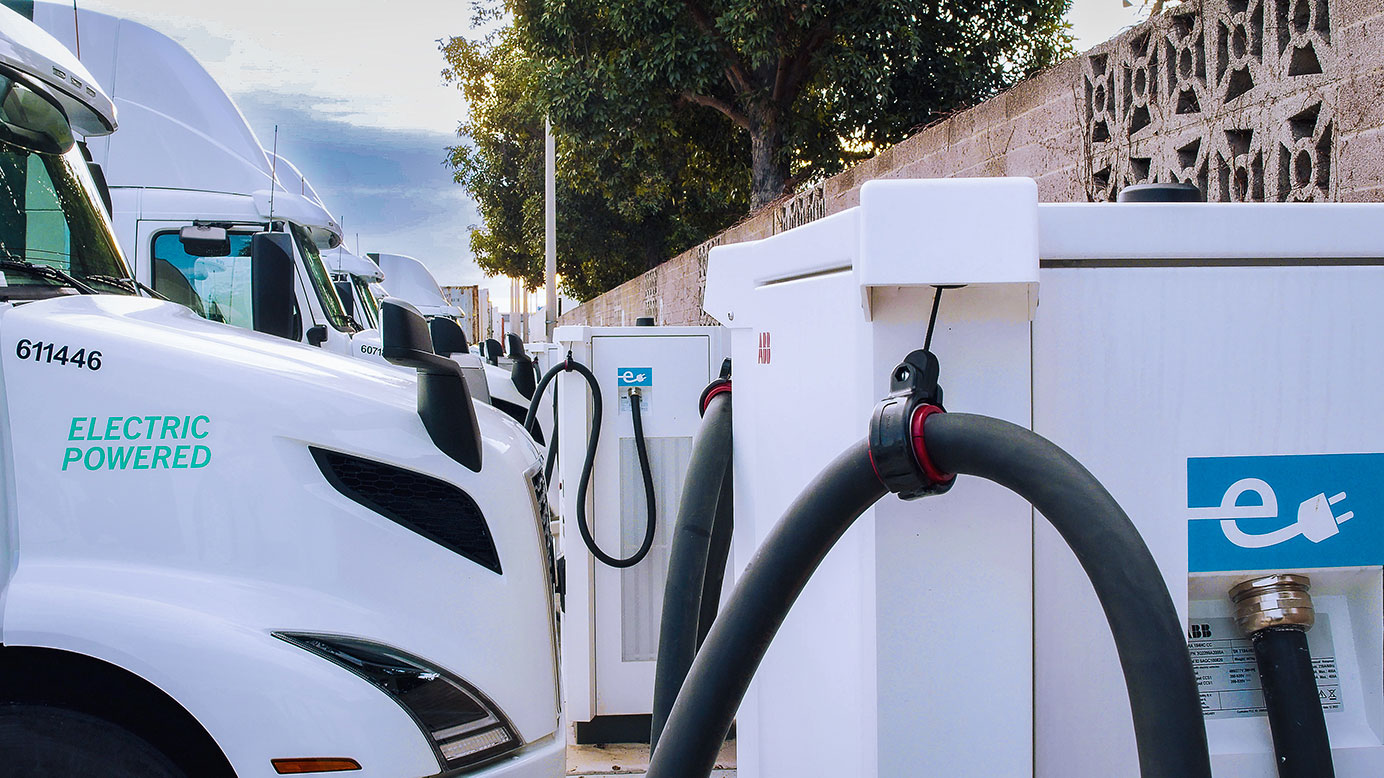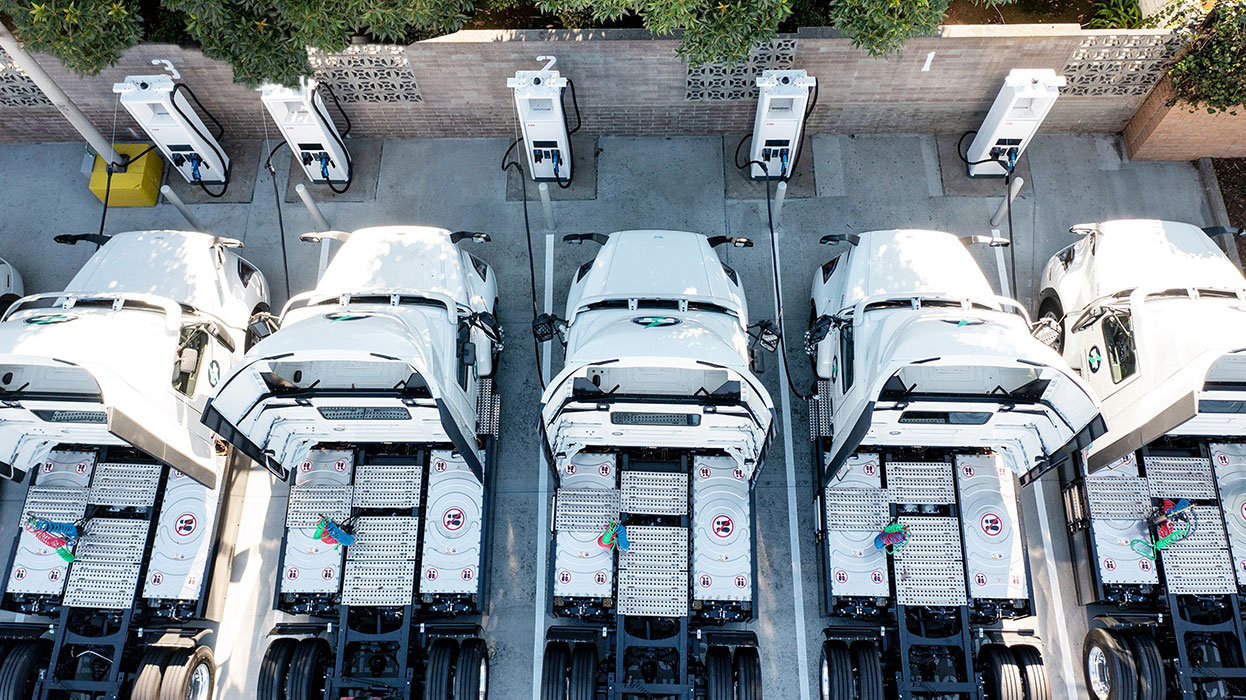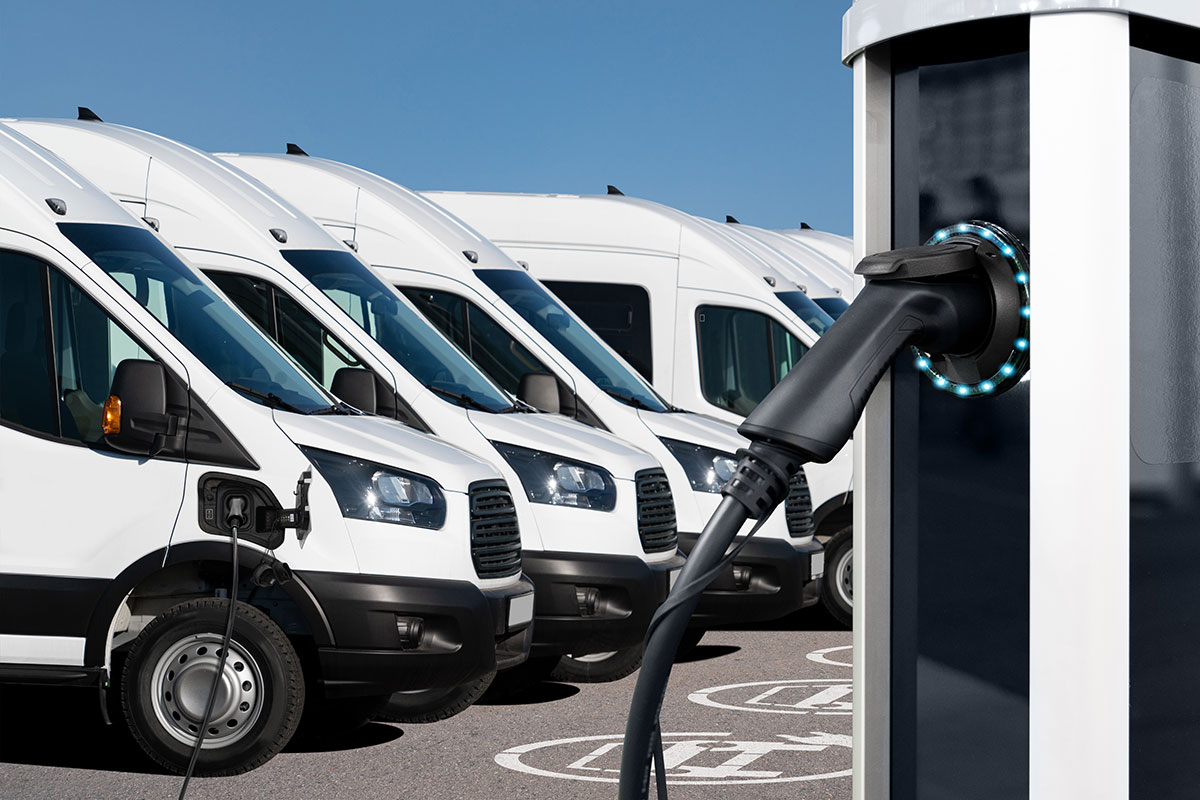Operationalize with infrastructure in mind

Successful fleet electrification requires a foundation of robust infrastructure, but the present state of public charging infrastructure has room for improvement. It falls short of meeting 97% of the demand and suffers from reliability issues, which poses three significant challenges: lack of ownership, limited accountability and workforce constraints. Without a clear owner, accountability for an infrastructure's functionality can be unclear. And without a dedicated workforce, repairs and regular maintenance are often overlooked. Commercial fleet charging presents unique requirements. It's not just about having enough chargers; it's about ensuring reliability. To achieve that, there are four primary options:
Build your own infrastructure. This requires significant capital investment, but it offers full control over all aspects of the charging infrastructure. The downside, however, is that building your own infrastructure necessitates developing expertise in a non-core business area, managing multiple entities related to maintaining the infrastructure, and depending on a third-party workforce for service and upkeep.
Partner with multiple vendors. Similar to building your own infrastructure, partnering with several third parties to construct, install and look after infrastructure offers a degree of control, but it also presents the same disadvantages.
Work with a turnkey provider. Collaborating with a turnkey provider streamlines the process because they design, build, install, and maintain chargers and infrastructure for the lifetime of the charging network. A comprehensive solution like this allows you to focus on your core operations.
Use offsite charging hubs. Offsite charging hubs, located near key logistics regions, bypass the need to manage charging infrastructure directly and allow fleets to recharge on the go. A subscription-based solution is a hassle-free choice.
Each option depends on your specific needs and abilities. No matter which direction you choose, a trusted partner with expertise in sustainable logistics and real estate will prove invaluable to navigate the complexities of transitioning to electric fleets.






